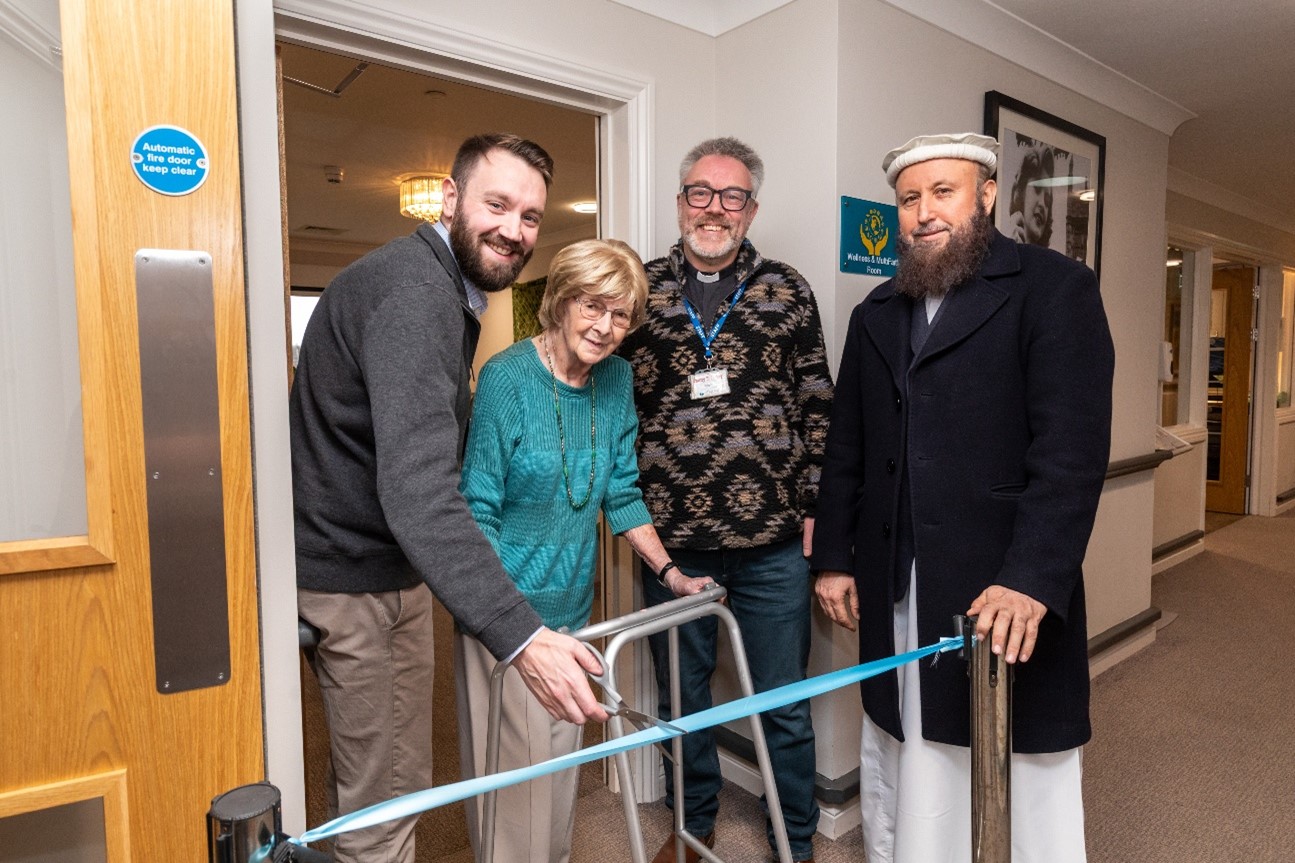Data from the Sexual Relations and Activities Questionnaire within the English Longitudinal Study of Ageing has been collated to examine difficulties with sexual activities and function, attitudes towards sex and details about the current sexual partners of over 50s. The analysis, published by the International Longevity Centre – UK (ILC-UK), University of Manchester and Manchester Metropolitan University, gathered information from over 7000 over 50s which found that whilst self-reported difficulties in becoming aroused steadily increase in women aged 50-79, these then decrease after 80 to below the levels seen in 60-69 year olds.
The data also found that women over 80 are dramatically more likely to share the sexual likes of their partner, feel emotionally close to them and not feel obligated to have sex with them than those aged 50-79. Men over 80 also reported that they were more likely to share the sexual likes of their partner and feel emotionally close to them than those aged 50-79. They do, however, feel a greater degree of obligation to have sex with their partner and are six times more likely to report feeling obligated to have sex with their partner than men aged 50-59 and 70-79, and three times more likely than those aged 60-69.
Using the Satisfaction with Life Scale measurement of subjective wellbeing, ‘How long will I love you?’ also found that for both men and women aged 50-90+, there was a positive association between frequency of kissing, fondling and petting and overall levels of subjective wellbeing.
However, whilst women’s subjective wellbeing continued to increase with frequency of intimate behaviour, subjective wellbeing was slightly lower amongst men who reported being intimate with their partners every day than it was for those who kissed or fondled their partners 2/3 times per week.
The report did, though, concludes that not enough is being done to ensure that older people have access to good sexual health care and support.
Baroness Sally Greengross OBE, Chief Executive, ILC-UK said:“We know that many men and women remain sexually active throughout their lives, and that intimate relationships in later life can continue to have a positive impact of overall health and wellbeing. Unfortunately, in 2017 there is still a need to dispel myths around relationships in later life.”
University of Manchester Research Fellow, Dr. David Lee, said: “We know that positive sexuality and intimacy throughout the lifecourse is linked to higher levels of happiness and well-being – irrespective of age. Older people have a right to good sexual health care and should be able to easily access joined up services to help them meet that goal.”
















